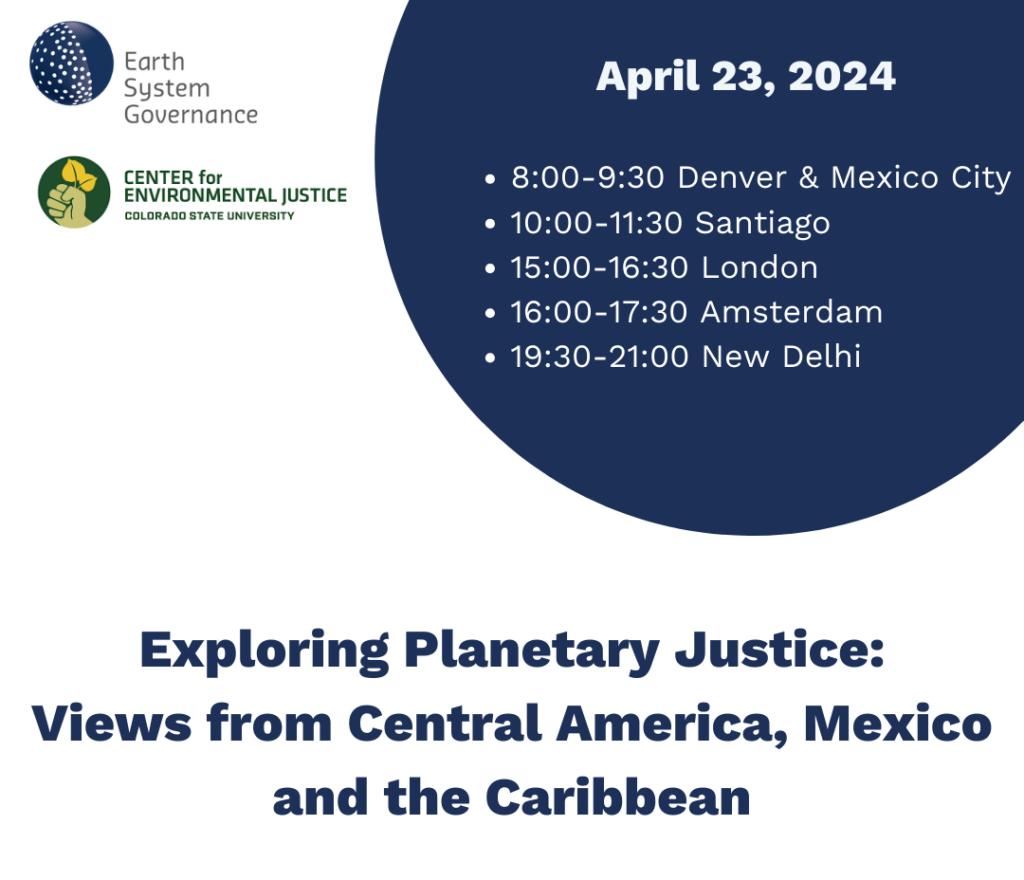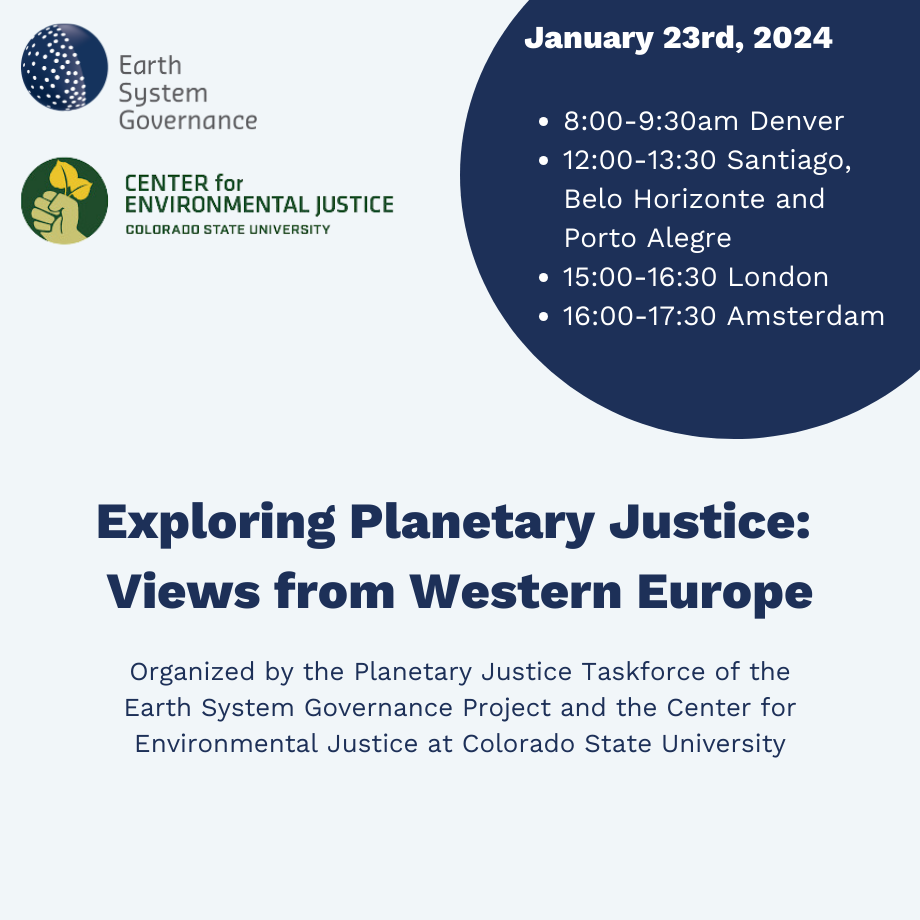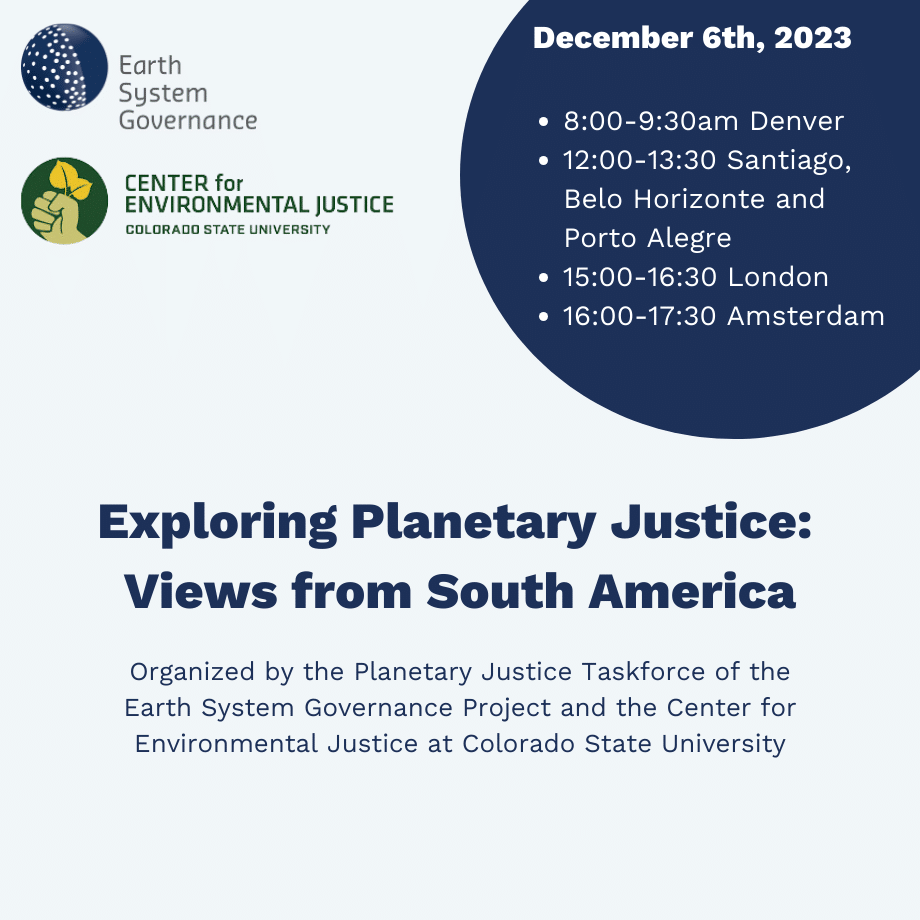Join SEI and partners including the Earth System Governance Project at an international scientific workshop that will examine the emerging complexity of climate adaptation governance with all its commensurate new forms and consequences.
The aim of the scientific workshop is to explore governance of climate adaptation beyond the national level, i.e., international and transnational. Workshop participants will analyse, among other things, new forms of adaptation governance, its consequences for adaptation action on the ground, and the adequacy of existing institutions.
The scholarly debate on the problem structure and scale of climate adaptation coincides with the emergence of a growing number of global, regional and transnational initiatives for governing, planning and implementing adaptation in practice. These initiatives and associated partnerships have not been adequately theorized and empirically analysed, for example, with respect to the role of state and non-state actors, their focus and characteristics and underlying motives. The literature on transnational climate governance is rich in examples related to mitigation, but there is much less knowledge about, for example, the extent, nature and impact of adaptation governance.
The workshop will be an intimate two-day event held in Stockholm on 23-24 May 2017, with themed sessions discussing research papers and policy-maker perspectives. Keynote speakers include Diana Liverman, Tiffany Morrison and Frank Biermann.
The workshop is co-organized by SEI and Stockholm University (Department of Political Science), funded by research grants from the Swedish Research Council Formas. It is endorsed by the Earth System Governance project.
We invite abstracts and papers addressing the issues outlined above, and specifically on the following topics:
- Problem structure and scale — What geographical scale is relevant for governing adaptation? Should adaptation be considered as a global public good requiring collective action? Based on what evidence and theoretical reasoning? From an empirical perspective, is adaptation being framed as a global public good, and what are the implications?
- Modes of governance — What are, or ought to be, key elements of climate adaptation governance beyond the national level? Does and should it go beyond the provision and allocation of adaptation finance? How is adaptation governance manifested, performed and legitimised? Is it transparent, and how can it be evaluated?
- State and non-state actors — Who are involved in adaptation governance and what are their main motives, interests and accountability relationships? What is transnational governance of climate adaptation, and how could it be analysed (e.g., initiatives self-identifying as doing adaptation or initiatives functionally doing adaptation)? Which non-state actors would be involved and why? How do state and non-state actors interact?
- Institutional complexity, diversity and coherence — To what extent does global adaptation governance rely on the UNFCCC? Is adaptation governance polycentric and connecting with a range of international and global regimes? What are the pros and cons of institutional complexity in governing adaptation? What issue linkages are pursued, and by whom and why? How does adaptation governance intersect with competing governance goals (e.g., conservation, development)?



